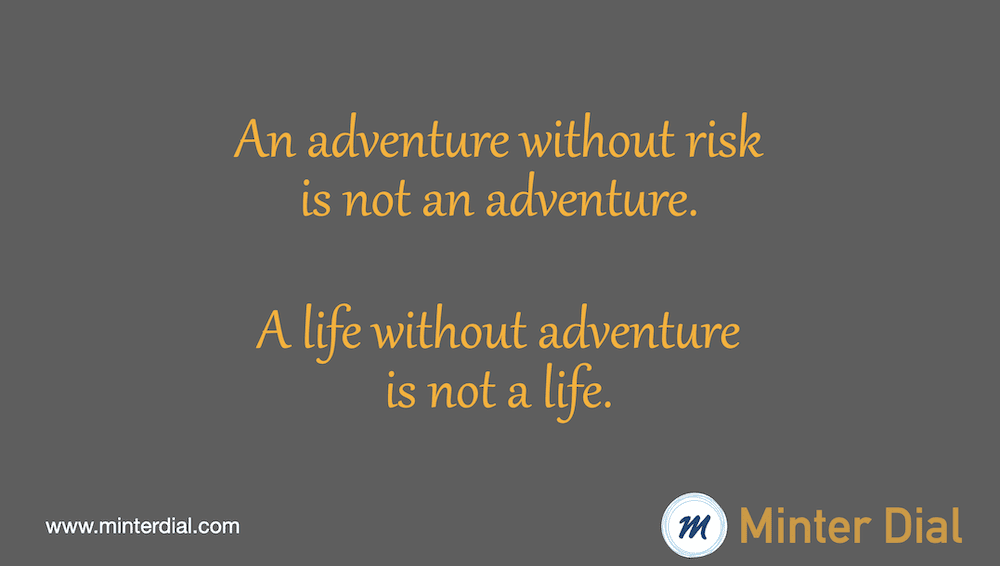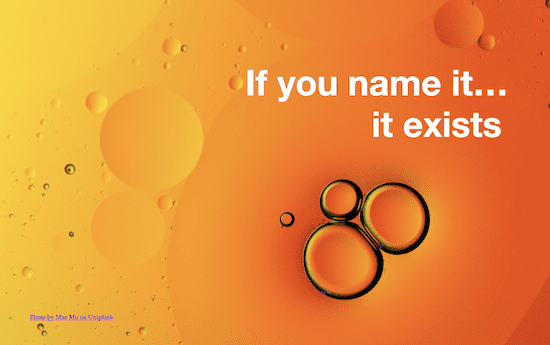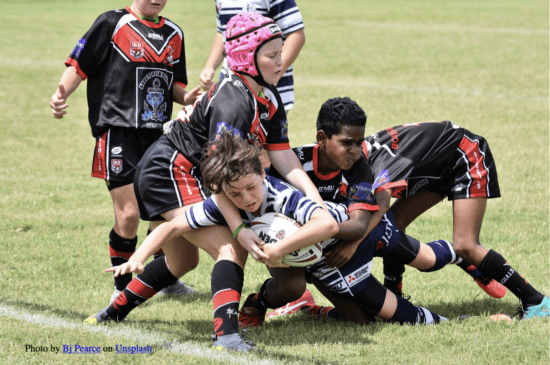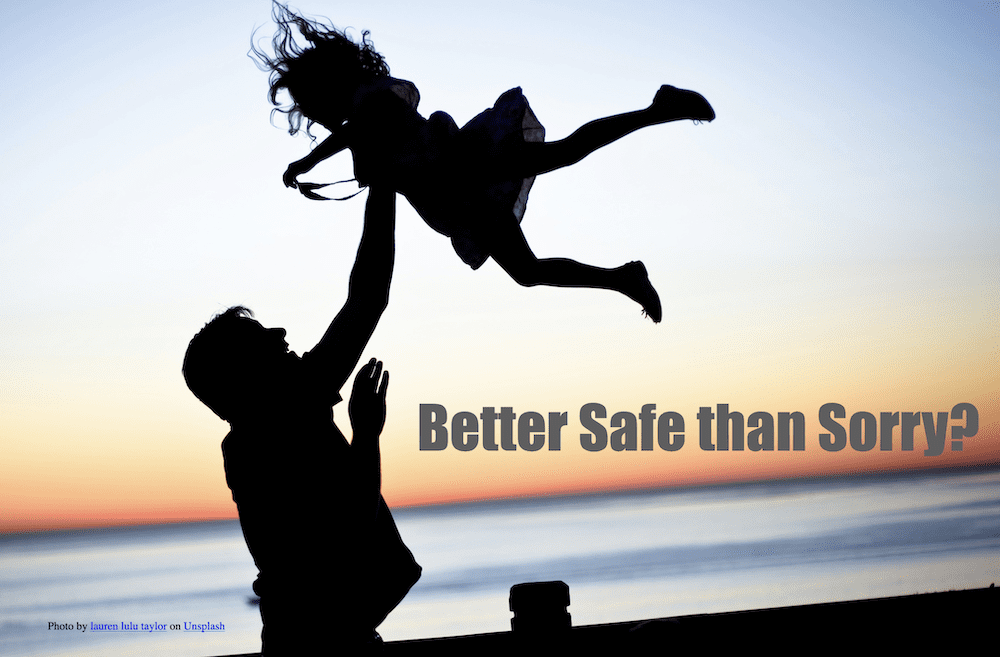The quest for safety is about something bigger
“Have a safe flight!” people will often say to me before I fly off. But safety on board a commercial flight is far from any concern of mine. As reported by the Dutch consultancy To70, the rate of fatalities per flight has been “within the 0.20 – 0.25 fatal accidents per million flights … since 2015.” In other words, one fatality for every 4.25 million flights. And in any event, in the UK for instance, virtually all the fatalities happen in General Aviation (e.g. light aircraft, microlights, gliders and helicopters) as opposed to commercial flights, military or business aviation. So, when someone is wishing me safe passage, notwithstanding the loving care being conveyed, there is probably as great a risk of being stampeded by a herd of cows (4-5 deaths recorded on average per year in the UK). If I didn’t have a tolerance for that risk of flying, life would be endemically boring. What is our obsession with safety about? As far as I can make out, it’s about our attachment to living as long as possible a painless life. Taken to its logical extreme, the idea of avoiding risk is ultimately a way to wish to postpone death. The search for the antidote to aging and death has attracted a lot of attention over the last decade, with the serious advancements in medicine, genomics and science in general. To wit, Precision Reports has predicted that the global longevity and anti-senescence therapy market size will reach $566 million by 2028. {Source via LinkedIn}
So much fawning and coddling…
The saying “better safe than sorry,” first attributed to the Irish novelist Samuel Lover (1797-1868), underscores this trend for safety first in today’s society. In their 2019 book, “The Coddling of the American Mind,” writers Jonathan Haidt and Greg Lukianoff cited the precautionary principle as a leading reason for the way we are softening up society, removing all boundaries and discipline, promoting feelings over reason, and rendering our children fragile by protecting them from all pain, risk, failure, loss, conflict or any bad experience. It’s not that safety is bad thing, nor is being hellbent on danger a smart thing. There’s a nuance and balance to be found. But, I definitely subscribe to the following mantra:

“An adventure without risk is not an adventure.
A life without adventure is not a life.”
– Minter Dial
You name it…
When you give something a name, it’s bound to rise in prominence. When I went to the US for school (as a post-graduate student), I recall discovering a condition that up until then had just been a bother. As a runner, I regular had pains and aches in my legs, including in my shins. In the US, I discovered that the Americans had a term for it: shin splints. And I vividly remember thinking how, since others experienced this same pain, that I felt justified in complaining. Previously, I would just get on with it. But now that shin splints are a thing, there was reason to take the pain more seriously. When it comes to mental health, we have certainly come a long way from the time when depression was a taboo and/or not a recognised illness. The number of potential mental health conditions has in fact mushroomed. To wit, the vast expansion in the Diagnostic and Statistical Manual of Mental Health Disorders (DSM), where having a mental health condition cited in the DSM is a precondition for having a prescriptive pharmaceutical solution. My observation is that, because we name it, talk about it, see a therapist and/or take Rx pills, hasn’t helped diminish the presence of depression. Au contraire. Today, depression, anxiety and suicide are at or near record levels in pretty much every developed country. The increase in declared mental health conditions is surely in part because society has become more accepting.

However, I have to believe that another reason is that we have pushed the safety button so far and so often that our skins have become in aggregate too thin. By not learning how to confront challenge, uncertainty and failure, we inevitably weaken our coping mechanisms for when the real sh*t comes down. I make a parallel with providing an overly sanitised environment for children. If kids don’t get exposed to germs, they won’t develop the natural resistance. I am no medical or food expert, but it feels like the surge in allergies must be related to how we are brought up, as well as what and how we eat. As pointed out in this article by the National Institute for Health and Care Research: “Early exposure, up to age five, to peanut products in children with severe eczema or egg allergy appears to induce tolerance that is sustained when peanut products are later avoided, suggesting it is not necessary to keep eating peanuts long term.” In other words, exposure to the “nasty” ingredient can help build up tolerance, which from another angle, is about building resilience. Whether it’s depression or a food allergy, of course I don’t deny their existence or diminish their severity. But the way we are going about cleansing our lives and removing all manner of allergen, risk and pain doesn’t bode well for our resilience going forward. And for this, I am indeed sorry. And, I am edging toward a reframing: I’m sorry that we’re (so) safe.
The tolerance of risk
In my discussion with extreme skier legend, Dan Egan, we exchanged on the presence and value of risk, the positive role of fear, and a natural tendency to wish to push the boundaries. When we are forcing 5-year-olds to wear a helmet while riding a most stable tricycle, when we are removing all form of contact from contact sports, when companies are obligated to caution that a hot coffee is piping hot*, and when we’re obliging our younger children to wear masks… we’re certainly removing risks, however marginal they may be. But, there’s value in falling and scrubbing your knee, because you learn to get up. From a cynical standpoint, by putting warning labels on cigarettes, hot coffee or a pack of aspirin, we’re shifting the responsibility to the user (at least legally). But, by the same token, we also risk dummying down the user. Again, nuance is needed as I’m not advocating recklessness or unethical behaviour. So much has been done to make our lives better, safer, and more convenient. But as the precautionary principle winds its way through all manner of areas, we are eliminating the chance to learn to get up after failure, to make us hardier and to be prepared for when (not if) trouble arises.
The case against rugby…
 As reported in The Times, a study out of four universities in the UK was recently published that suggested that playing rugby at schools was a form of child abuse. The report recommended banning the sport for under-18s. And as Sean Ingle in The Guardian writes here, the Rugby Football Union has long promoted that “the sport [of rugby] has huge benefits, including boosting “confidence, self-esteem, self-discipline and character”. It sounds like something from a 1920s boarding school prospectus, but it is also true.” A British entrepreneur, Andy Scott, wrote a compelling article on LinkedIn listing a far lengthier set of benefits from playing rugby:
As reported in The Times, a study out of four universities in the UK was recently published that suggested that playing rugby at schools was a form of child abuse. The report recommended banning the sport for under-18s. And as Sean Ingle in The Guardian writes here, the Rugby Football Union has long promoted that “the sport [of rugby] has huge benefits, including boosting “confidence, self-esteem, self-discipline and character”. It sounds like something from a 1920s boarding school prospectus, but it is also true.” A British entrepreneur, Andy Scott, wrote a compelling article on LinkedIn listing a far lengthier set of benefits from playing rugby:
“Comaraderie [sic], Respect, Mental and Physical fitness, endurance, agility, speed, controlled aggression, competitiveness, finding your role in a team, leadership, amazing social skills of going into battle with your teammates for 80 minutes, then shaking hands with your opponent; often having a beer with them after, developing life long friendships.”
And Boris Johnson’s scathing article in the Daily Mail went even further, using the headline: “Rugby doesn’t risk young people’s lives, it can SAVE them.” Johnson writes,
“it is obviously true that rugby involves a small but acceptable and inevitable level of physical risks, as does cycling, riding, scuba diving, or walking across a darkened room with Lego strewn all over the floor.”
At the risk of sounding not just as a reactionary out of the 1920s but also a horrible parent, rugby is a sport unlike many in that it exactly has a very physical component and many unwritten codes of behaviour. I would argue the same for such sports as ice hockey, lacrosse, and Aussie Rules Football. Having played rugby over 18 years (in the UK, France and the US), I am convinced that the sport provided me with the best education and the most solid friendships. For having been born after 1945, I am part of a large swathe of society that has never had to go to battle. I did however interview 130 veterans of WWII in the making of my film (and book), The Last Ring Home, which gave me an intimate view of the mindset of the so-called Greatest Generation. As such, I felt I got a glimpse of what it was like to form a band of brothers. The bond that’s forged when you are engaged in such a high-risk environment is unlike any experience I’ve ever known. However, I tender that rugby is a decent peace-time equivalent. Especially for men in our sanitised modern society, where there are no rituals or specific passage from child to manhood, rugby is a proving ground. Granted it’s not for everyone. But for those who are so inclined, we should encourage our children to explore their bodies, learn how to sacrifice themselves for a higher purpose (the team), and develop a thicker skin. As Scott wrote, “Little Johnny probably will be grateful for the occasional hard tackle from Henry the overweight, spotty 12 year old when we have the next war in Europe and he’s called up to fight for His [sic] country in 10 years time.” And, in case it’s not yet been clear, I’m not advocating for wanton violence. But I do believe we’re creating a generation that will be more than ever afraid of pain and challenge.
Creating safe spaces…
The notion of caution is not limited to physical safety. Over the last decade, we’ve seen the need for a safe “mental” space become a standard in the corporate environment. The need for safe spaces (not just in a business context) is an extension of political correctness, hoping to ‘cure’ our vocabulary of anything that can be offensive to anyone. Not to forget the issue of cultural misappropriation, the opportunity to have open debate with freedom of expression has been cramped by a combination of factors, not least of which has been the option for anyone with a social media account to broadcast any perceived offense. And the problem with social media, compounded by a certain anonymity, edited or fake content, and media algorithms that keep each of us in the comfortable bubble of like-minded people, is that there’s little room for context and nuance. I’m not one to blame the tool, since human beings run and use it. All these media companies are fighting to capture our attention and, as ordinary citizens, we’re poor at sorting through the constant stream of content and keeping a balanced series of sources. Social media can definitely be toxic. As a result, many people would rather just retreat into the comfort of a safe space, free from nuisance and antagonisms. And, while safe spaces are absolutely useful in certain situations, the branching out of safe spaces into all manner of public forums has created another way to sanitise our existence. Life is messy and we mustn’t shy away from it.
Context and accountability are key
Progress and improvements sound like perfectly reasonable objectives. But not all progress is actually beneficial. There have been many examples over time of things said or done in the name of progress…. but that turned out to be bad news such as communism and a military dictatorship (P.S. it’s always political). Will the Internet and AI eventually fall into that camp? In any event, there are often unintended consequences and progress for one may well be a step backward for another. Further, mistakes can even lead to surprising results, for example, in medicine with the discoveries of penicillin, the implantable pacemaker, the blood thinner warfarin, nitrous oxide laughing gas or Viagra. With regulatory bodies seeking to oversee or ‘improve’ an activity, with the idea of protecting the unsuspecting or vulnerable, the intention of course is not to do harm. But if we end up making everything dummy-proof then we, the users, will end up submitting ourselves. If it’s not enough to have overly protective helicopter parents haranguing teachers and coaches from the side-lines for not giving their Johnny the top grade or a starting position in the team, there is the nanny state wishing to control and regulate everything. Regulations and safety precautions have their place, but we need to rehabilitate our individual agency, to learn to judge for ourselves, explore our bodies and limits, and to experience the rough and tumble that life will surely be. The risk in any situation is a question of context. If we unilaterally remove all the slightest dangers and delegate oversight to the State, we will end up without being accountable as individuals, unable to discriminate between risks and liable to even greater mistakes when faced with real dangers ‘in the wild.’
Like democracy, life is messy. We need to embrace its imperfections, and accept the reality of our frailty and our mortality. By avoiding all risk and seeking the security of safety, the journey of life will be both dull and, I dare say, more treacherous for being ill-prepared.
*A juror in the infamous 1974 case brought against McDonald’s for the burns suffered by a passenger who, in a stationary car, while she was adding sugar and milk to the coffee between her legs, called McDonald’s attitude a “callous disregard for the safety of the people.”












Brilliant piece Minter. Utterly sensible in everything you say. The rugby story last week is a great example of looking at something from only the safety angle. The benefits and resilience gained far outweigh the risks. Life is unsafe; there is a 100% mortality rate.
Thank you Andrew. When you look at everything through the prism of safety, we’ll end up sitting at home and never venturing outside… for fear of a new allergy, a rogue wild animal or a plane falling out of the sky (cf World According to Garp). Once we acknowledge our mortality, we actually let go of so many of these worries. That’s why I’ve always adored the philosophy of the Grateful Dead. Once you know you die, you become more grateful of the present.
Spot on, Mint. Bravo.
I fondly remember tube train doors in Berlin in the 80s, which you could open while the train was moving. I didn’t open them – but I could have. And when I come across an unfenced dangerous cliff top path in some hardier land, I celebrate that the choice to fall is mine. The sad thought is that, as the ‘safe generations’ grow up and take charge, there are increasingly fewer people left to point out the error of their ways.
Fine article. Thank you.
Then there the double decker buses with the open back door… Gone was that little dash and hop on…